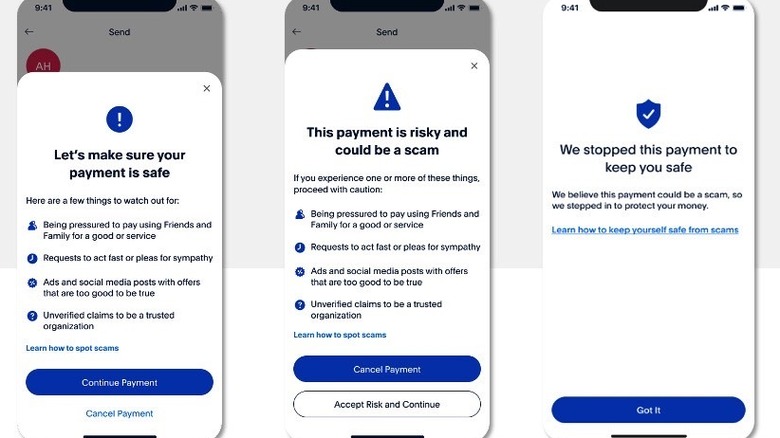OpenAI unveiled ChatGPT Agent a few days ago, which is an AI agent that operates a virtual computer to perform tasks online for you. That might involve shopping for goods, making dinner reservations, or arranging travel plans. Agent might also ask for access to your email and other personal data to do its job.
While the advanced AI will always ask for human input when dealing with sensitive information like credit cards, it can still be troubling to hand that data over to an AI. OpenAI acknowledged the risk, saying that hackers will likely devise new attacks for products like ChatGPT Agent. The company said it built protections into ChatGPT Agent, but advised caution.
Even without ChatGPT Agent in the wild, malicious players have adapted quickly to the post-AI era, devising attacks that employ AI models to convince unsuspecting users to hand over control of their computer or send them money. If hackers use AI to create increasingly convincing scams, it makes sense for anyone defending against them to also use AI models to catch those scams early. PayPal is one of the companies employing AI to keep you safe, having just announced that its security models will analyze PayPal and Venmo transactions in real-time to prevent scammers from stealing your money.
How PayPal’s AI scam alerts work
According to PayPal, the new “AI-powered, dynamic scam detection” works for PayPal and Venmo Friends and Family payments. The unnamed security AI will protect transactions worldwide. The AI will monitor payment details and issue warnings when it thinks you’re about to send money to a fraudulent account.
PayPal is trying to prevent fraudulent transactions that can’t be undone via refunds later. The AI security system that PayPal has developed analyzes billions of data points continuously. It can learn from new data and adapt to evolving scams. PayPal says in a press release that the AI can detect a potential scam even if it hasn’t been seen it before. “Unlike traditional, one-size-fits-all static warnings, PayPal’s alerts are dynamic and tailored to be shown based on the likelihood of fraud for each transaction,” PayPal says. “The system shares messages that appropriately reflect the risk level of the payment customers are trying to make.”
As you can see in the image above, the system sends “progressively stricter alerts” depending on how confident it is that a PayPal or Venmo user might be the victim of an online scam. The AI will also add “more friction” for completing payments in higher-risk scenarios. One of the screenshots the company shared shows a message from the AI that informs the user that a payment was blocked automatically. PayPal’s new AI security tool comes a few months after Visa, Mastercard, and PayPal announced new features to support and secure AI-based shopping in the AI era.
The new online scams you need to know about
Whether or not you end up receiving the new AI scam alerts in PayPal and Venmo going forward, you should be aware of some of the types of attacks hackers are using. Some hackers will send increasingly convincing emails impersonating PayPal, telling users they’re about to make a significant purchase. The user is advised to call a support number where hackers await. The fake PayPal employees try to convince the victim to install malware that gives them control of the victim’s devices.
Others may use PayPal’s legitimate invoice system to create fake invoices for large sums. The hackers try to convince victims to call a fake customer number. From there, they’ll either look to obtain personal information or convince victims to install malware that can track their every keystroke.
Norton put together a blog post a few weeks ago that covers various online scams involving AI in great detail. Some attackers opt for deepfake scams, where they try to clone the look of a victim’s contact on video. They might also use AI to clone the voice of a loved one. In either instance, the attacker will try to ask for money. Hackers also use AI-generated websites to collect personal information from unsuspecting victims. AI can be used for investment scams, including crypto, and for AI-generated phishing attacks. The entire blog post is worth a read to get an idea of what sort of dangers await online.



